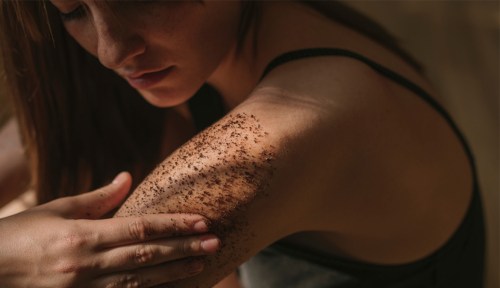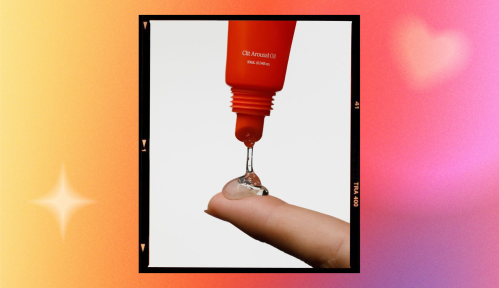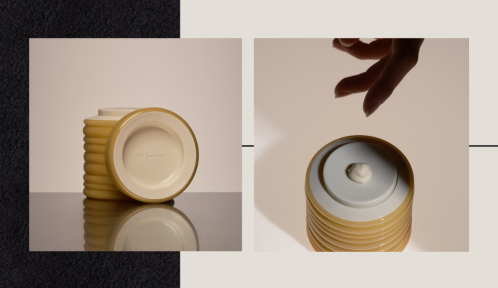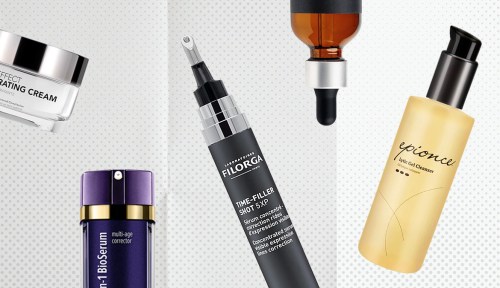Our editors independently select these products. Making a purchase through our links may earn Well+Good a commission
When you’ve got dry patches of skin, it’s tempting to want to scrub away the flakes. But if those dry patches are caused by psoriasis, physical exfoliation is one of the worst things you can do. According to Ivy Lee, MD, a board-certified dermatologist in Pasadena, California, while sloughing your skin may help you get rid of a patch in the short term, it can make it worse in the long run.
Experts in This Article
board-certified dermatologist
board-certified dermatologist at Dermatology Physicians of Connecticut and associate clinical professor in dermatology at Yale School of Medicine
“There’s a known phenomenon called the Koebner Phenomenon, where any type of trauma—so cuts, scrapes, or even self-induced trauma, like scratching and rubbing—can flare your psoriasis,” says Dr. Lee. “A lot of my patients start off with really mild psoriasis, maybe on their elbows or knees, and they’re like, ‘Oh, well it’s just a patch of dry skin, so let me go ahead and let me use a pumice stone or use my loofah and scrub it,’ and then they’re like, ‘But after I did that, my psoriasis got worse and it spread to a larger patch.'” So thanks to the Koebner Phenomenon, physical exfoliation is a no-go when you’re dealing with psoriasis.
If you’ve got dry patches you want to clear up, opt for a hydrating chemical exfoliant instead. Unlike your usual scrubs, which physically remove dead skin cells and can be abrasive, these ingredients melt the “glue” that holds them to the surface of your skin and gently whisks them away.
“When people have thicker plaques on their skin, use of an alpha hydroxy acid, such as lactic acid, or a urea-based product can really go a long way to help to get those scales off the skin,” says Mona Gohara, MD, a board-certified dermatologist based in Connecticut. Dr. Lee also recommends salicylic acid, which she says is “a keratolytic, meaning it breaks up skin cells and can help smooth the texture and minimize scaliness and flakiness.” Pair your chemical exfoliants with hydrating ingredients (either in the same product or in different routine steps), like ceramides and omega-3 fatty acids, which will help keep your skin barrier strong, soothed, and nourished.
While these actives won’t cure your psoriasis, they will make the condition less uncomfortable and easier to live with. Shop some options below.
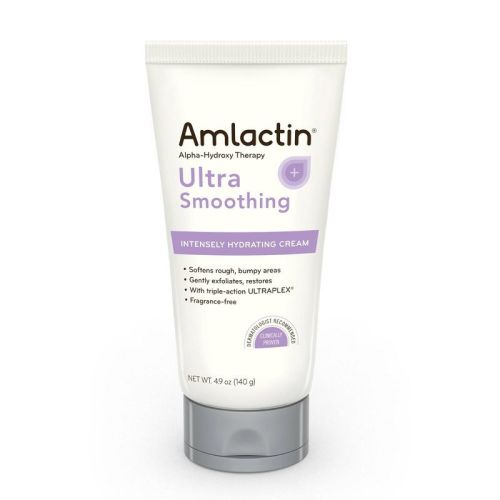
AmLactin Ultra Smoothing Intensely Hydrating Cream — $16.00
This super-moisturizing cream is made with lactic acid, the gentlest AHA. It also includes glycerin, a humectant that helps draw moisture into the skin, and petrolatum, an occlusive that locks that moisture in.
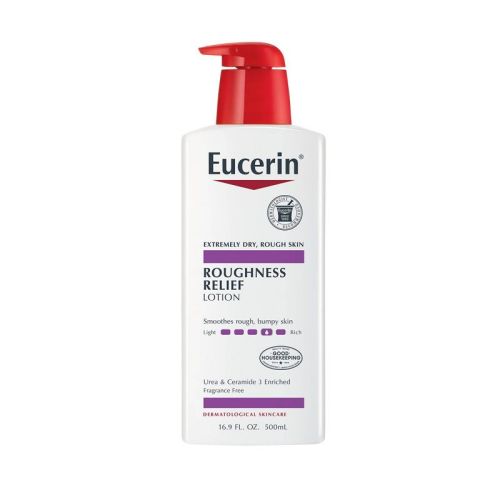
Eucerin Roughness Relief Lotion — $12.00
This lotion uses urea, which breaks down psoriasis plaques while also hydrating and softening the skin. It’s also made with ceramides, which keep the skin barrier strong by helping it retain hydration.
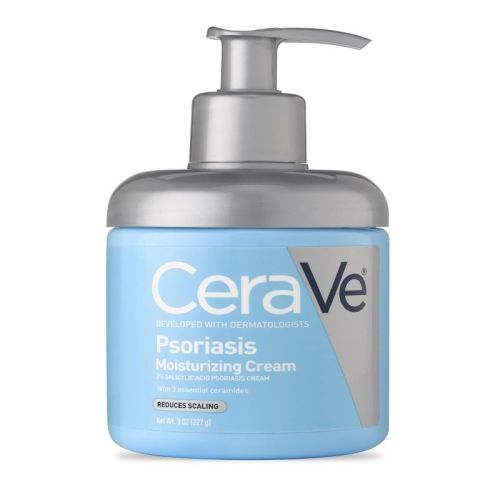
CeraVe Psoriasis Moisturizing Cream with Salicylic Acid — $20.00
Reduce psoriasis scales with this salicylic acid cream. The SA helps to relieve dry and flakey skin along with itching and redness. The formula also includes niacinamide to soothe the skin and ceramides to keep it fortified.
Get more psoriasis skin-care tips:
Want to be the first to hear about the latest (and greatest) SHOP product drops, custom collections, discounts, and more? Sign up to have the intel delivered straight to your inbox.
Sign up for the Well+Good SHOP Newsletter
Get exclusive deals on wellness, beauty, fitness, and food products that have been hand-picked by our editors.
Got it, you've been added to our email list.
